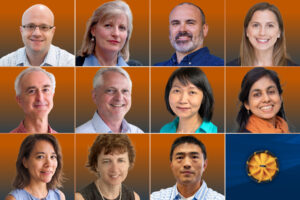Deborah Bolnick remembers getting a frantic phone call from a woman who had just discovered she might have traces of African-American genes. The caller, a white American, had taken a genetic ancestry test to confirm family rumors of a Native American bloodline and was shocked to discover that she had deep traces of African-American roots instead. Bolnick, a genetic researcher at The University of Texas at Austin, often receives phone calls from people who, she said, are victims to online genetic ancestry testing. The most recent client who found traces of African American DNA, fell into that sticky trap. Phone calls like this are the reason that Bolnick and 12 other researches from universities around the country have written a report warning people of the dangers of trusting programs like these that promise to reveal family lineage using DNA samples. The report, The Science and Business of Genetic Ancestry Testing in the Oct. 19 issue of Science, asks the scientific community to better educate the public about the limitations of such tests. It also urges consumers to approach the tests with caution. The tests’ limitations, Bolnick explained, unfortunately tend to plague African Americans the most. Many are attempting to connect with their family history, which was torn from them due to the trans-Atlantic slave trade. Other Americans have taken the tests in hope of obtaining Native American tribal affiliation or to challenge tribal membership decisions. “These test can be emotionally scarring if people are not informed about how little the test can actually tell them about their family history,” Bolnick, the report’s lead author, said. “More often than not, testing centers are promising more than they really offer. People need to know this.”
The Atlanta Journal-Constitution
Genetic ‘Ancestry’ Tests Often Dubious, Scientists Say
(Oct. 19)



